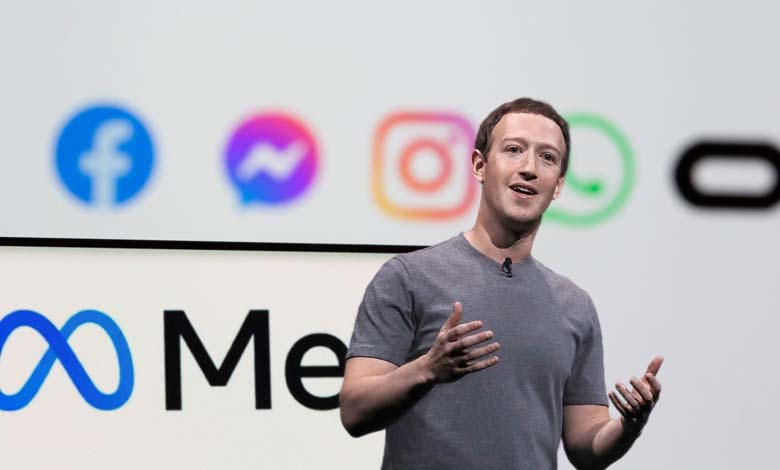Zuckerberg considers separating Instagram from Meta

In recent weeks, rumors have spread about a big decision that Mark Zuckerberg, the founder and CEO of Meta, may be considering. He is reportedly thinking about separating Instagram from Meta. This means Instagram could become an independent company with its own management and decisions, instead of being part of the large Meta group, which also owns Facebook, WhatsApp, and Messenger.
-
Due to the Anticipated Showdown, Mark Zuckerberg Attacks Elon Musk
-
New Feature: Meta’s Chatbot Now Remembers All Your Details
Instagram was founded in 2010 as a simple photo-sharing app with filters. Its design was minimalist, and it attracted mostly young users. Two years later, in 2012, Facebook bought Instagram for around 1 billion dollars. At the time, many thought that was too much money, but now we know it was a smart investment. Instagram is now one of Meta’s strongest assets, generating billions of dollars every year through advertising.
So why think about separating such a valuable app? One of the main reasons is the pressure from governments in many countries. In the United States, Europe, and elsewhere, political leaders are accusing Meta of being a monopoly—that is, a company that controls too many services and prevents competition from growing. They also worry that Meta is collecting and using too much personal data.
-
Alternative to “X”: One Million Users Join “Bluesky” in 24 Hours
-
WhatsApp Launches ‘Call Links’ so you can stop creating group chats you’ll only use once
To respond to these criticisms, Mark Zuckerberg and his advisors are exploring the idea of making Instagram independent. This could help Meta appear more open to regulation and change. It might also help the company avoid legal penalties or tough laws in the future. Some internal sources say this idea has been under serious consideration for months.
But this decision would not be easy. Instagram shares many technologies with Meta: advertising tools, moderation systems, servers, artificial intelligence, cybersecurity. All of this is built into Meta’s infrastructure. Turning Instagram into a separate company would require rebuilding many of these services, which would take a lot of time, money, and human resources.
-
Meta Introduces Features to Attract TikTok Users to Facebook and Instagram
-
“Meta” Announces a New Artificial Intelligence Model
There are also financial questions. Instagram is now a major source of income for Meta. In 2023, some analysts estimate that Instagram generated about 60% of Meta’s mobile advertising revenue. Losing direct control of Instagram could weaken Meta’s position in the market.
From the user’s point of view, opinions are mixed. Some believe that a separate Instagram would be freer to innovate and better meet user needs. For example, it could improve its moderation, offer new features, or reduce the negative effects of its algorithms. Others worry that such a big change could make the app unstable or increase costs for business users and content creators.
-
Meta Apologizes to Malaysia for Removing Condolence Messages Regarding the Killing of Ismail Haniyeh
-
Amazon and Meta: AI Concerns Are Overblown
Experts in competition law also see this move as strategic. If Meta shows it is willing to separate its services, it might reduce legal attacks against it. But some governments may think this isn’t enough and demand even more transparency and oversight.
For now, there has been no official announcement. Mark Zuckerberg, known for being discreet, has not spoken directly about the issue. But internal discussions continue, and many Meta employees are working on possible future scenarios for Instagram. This situation shows how fast the digital world is changing and how much the decisions of one company can affect billions of people.
So, the debate is far from over. It raises deep questions: user freedom, business competition, data protection, and the future of social media. Whatever the final decision, it will mark a turning point in the history of Instagram, Meta, and possibly the entire tech industry.












